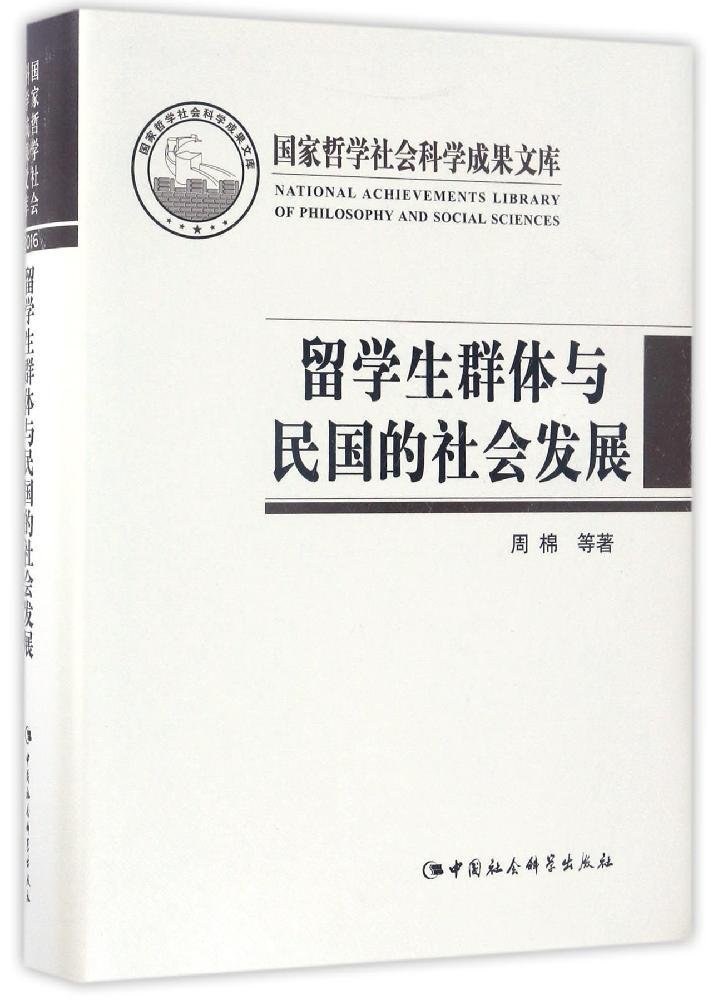Overseas students and China’s modernization process

Overseas Students and the Development of China 1912-1949
Author: Zhou Mian
Publisher: China Social Sciences Press
In the late 1980s, Zhou Mian began his research on Chinese overseas students and China’s social development. The book Overseas Students and the Development of China 1912-1949 is the result of Zhou’s decade of research. It systematically analyzed the study abroad movement, the evolution of overseas students and their contributions to the modernization of China from 1912 to 1949. The first half of the book introduces the ways in which overseas students influenced the development of China in different periods from 1912 to 1949. The remaining part elaborates on their contributions in various fields.
From the end of the Opium War until the signing of the Peace Protocol of 1901, the Chinese people faced unprecedented national crises. Pioneers attempted to send students abroad to study advanced knowledge in order to change China’s corrupt feudal system at that time. The first batch of overseas students were the children led by Rong Hong, a pioneer in the study abroad movement, to study in the United States. Most of the 120 students succeeded in a special field of study. They contributed to various degrees to China’s national systematic transition as well as social and technological development. For example, in addition to the renowned engineer Jeme Tien Yow, who designed the first Chinese railway, Tang Shaoyi, the first prime minister of the Republic of China, defended China’s national interests against big powers when he worked as both postal and foreign minister. Also, among these students and those who studied abroad in Europe, there were many who died as martyrs in the naval battle in Mawei and the first Sino-Japanese War. Many of them were the earliest modern naval officers in China and were representatives of a new generation of intellectuals who were the first to stand against foreign aggression in modern China.
The first overseas students were a new type of intellectual group that formed during the late Qing Dynasty. Their emergence played a special role in the social transformation of the late Qing Dynasty and the Republic of China. The study of the relationship between the student community and the society of the Republic of China embodies great academic value to research on Chinese modern history. Although some of these issues have been researched many times before, Zhou is able to bring forth new perspectives. For example, overseas students advocated for the use of vernaclar articles. Discussions on this issue are mostly focused on the literary perspective, but Zhou’s emphasis was on communication. This change dramatically shaped the form of the Chinese language, helping more than 400 million people from an ancient civilization enter a new age with a fresh ideological veneer (linguistic form), promoting the transformation of Chinese society and culture. Second, in the history of cultural exchanges between China and foreign countries, vernaclar articles offered a new linguistic vehicle that accords with the trends of the time: a large quantity of Western literary and artistic works, modern scientific knowledge, Marxism and other Western forms of philosophy were introduced into China through simplified Chinese. Thus, this change in language played an important role in the modernization of China and China’s connection with the world.
